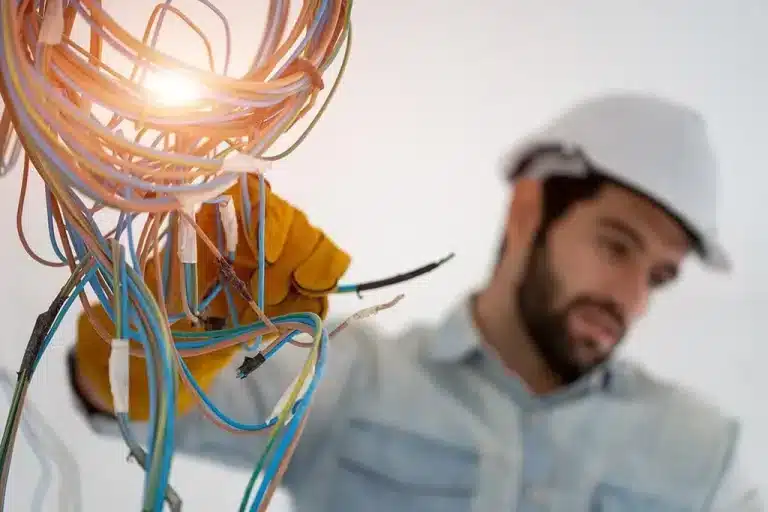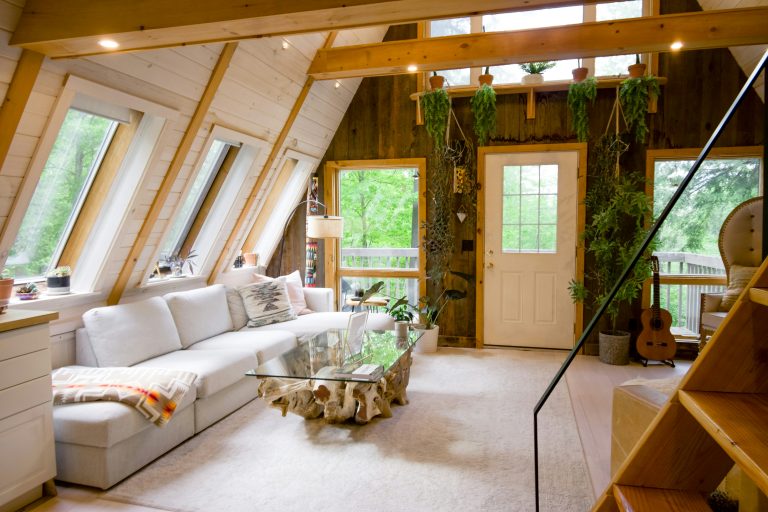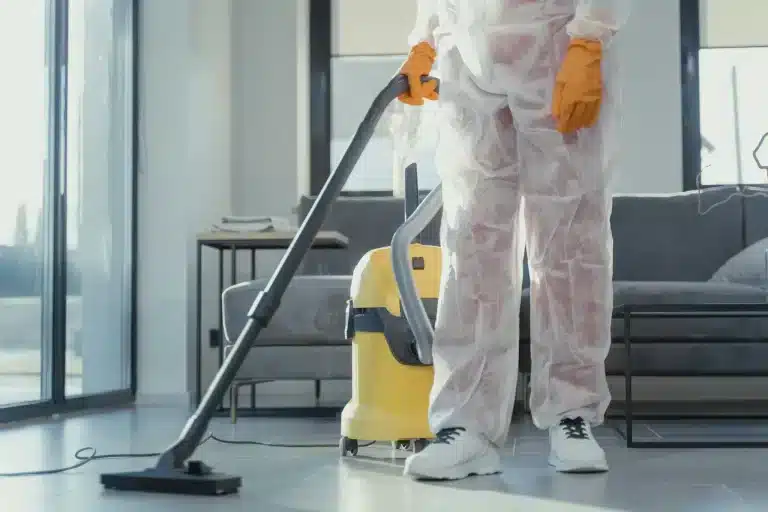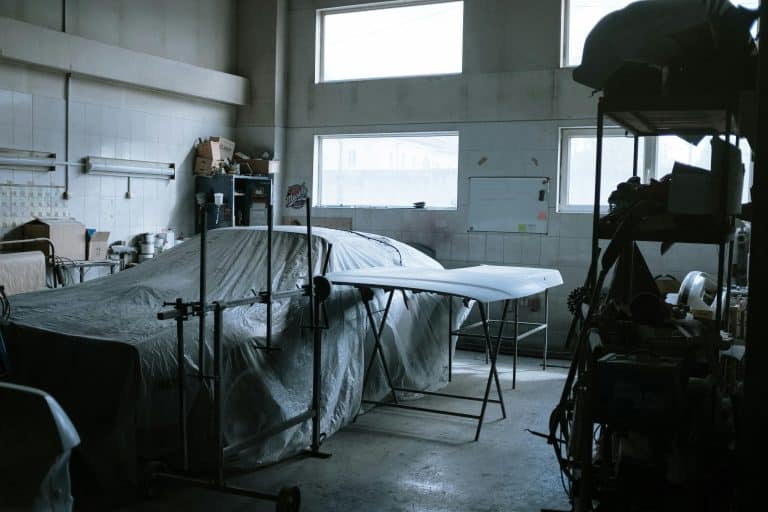The recent surge in home renovations across the UK has brought electrical safety and efficiency to the forefront. With new build quality standards including mandatory smoke and carbon monoxide alarms, many homeowners are re-evaluating their existing electrical systems during renovations. This guide dives into the key considerations for electrical renovations, ensuring your home is safe, functional and future-proof.
Working on Electrical Renovations
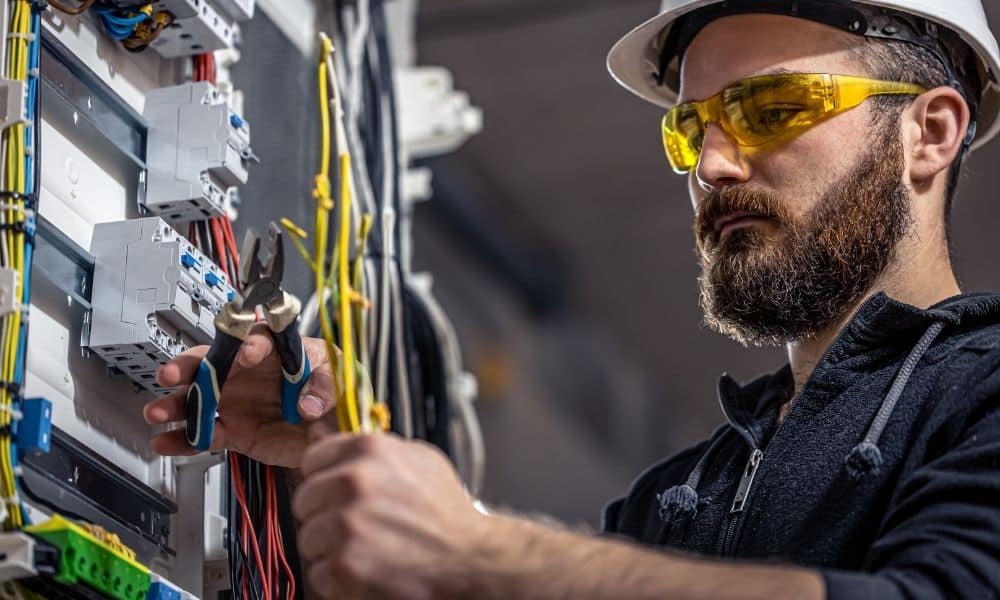 Safety is paramount. Unless you’re a qualified electrician, leave electrical work to the professionals. A bad DIY job can lead to fires, electric shocks and even invalidate your home insurance. A qualified electrician can advise on the best course of action, from simple socket additions to a complete rewire.
Safety is paramount. Unless you’re a qualified electrician, leave electrical work to the professionals. A bad DIY job can lead to fires, electric shocks and even invalidate your home insurance. A qualified electrician can advise on the best course of action, from simple socket additions to a complete rewire.
Energy Efficiency
With rising energy bills, energy-efficient electrical upgrades can save you money in the long run. Consider LED lighting throughout your home, as they use up to 90% less energy than traditional incandescent bulbs and last significantly longer.
Additionally, installing energy-saving outlets can help reduce standby power consumption of electronics. Upgrading your fuse board to a modern consumer unit with RCD (residual current device) protection can further enhance safety by automatically cutting power in case of a fault.
Expanding Your Home
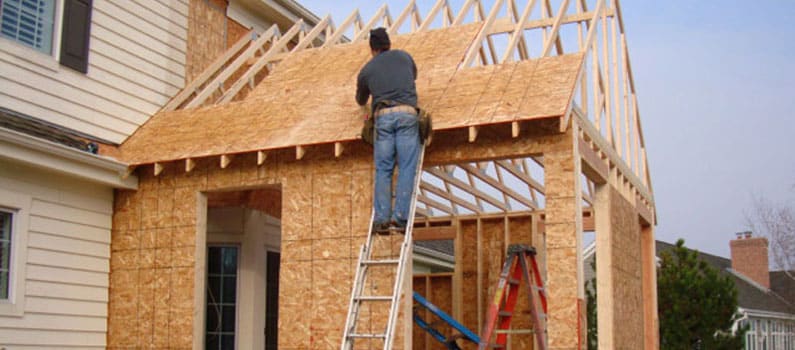
Use electrical circuit simulation software to plan and simulate the electrical system, ensuring each circuit can handle the intended load. This software helps avoid overloading circuits, which can trip fuses and damage appliances. Factor in additional sockets, lighting points and dedicated circuits for high-power appliances like ovens and electric hobs.
Functionality
Modern living demands a modern electrical setup. Plan strategically placed sockets and USB charging points to eliminate extension cords and create a clutter-free space.
Consider under-cabinet lighting in the kitchen, recessed downlights in bathrooms and task lighting for workspaces. Smart home technology offers further possibilities, allowing control of lights, thermostats and other appliances remotely using your smartphone. Not only is the use of smart technology incredibly convenient, but it can also help keep your energy bills down as you can control when your home is heated and for how long when you are away from the property.
Safety and Regulations
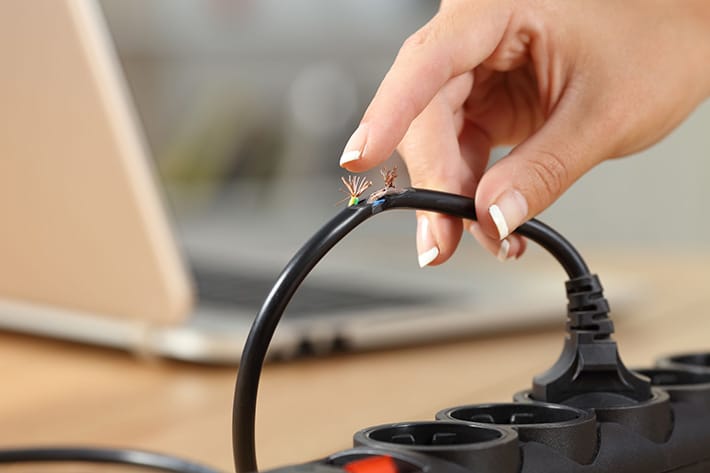
A qualified electrician will be familiar with the necessary legal requirements and regulations and will issue an Electrical Installation Certificate (EIC) upon completion. This certificate verifies that the work meets the required standards and is vital when selling your property.

